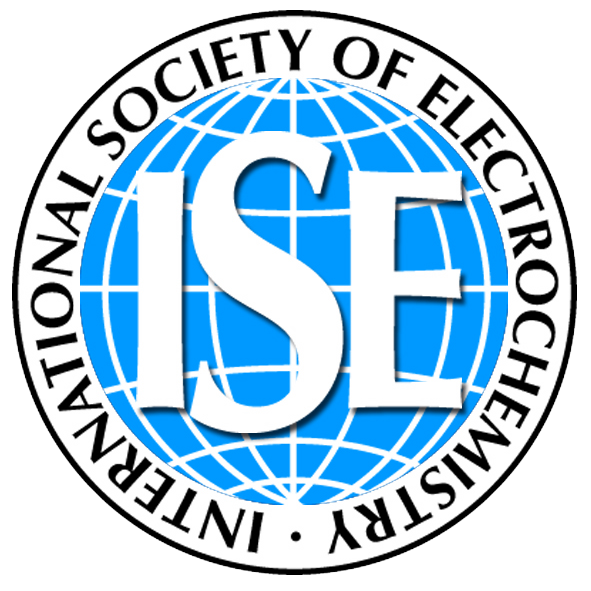Frumkin medal
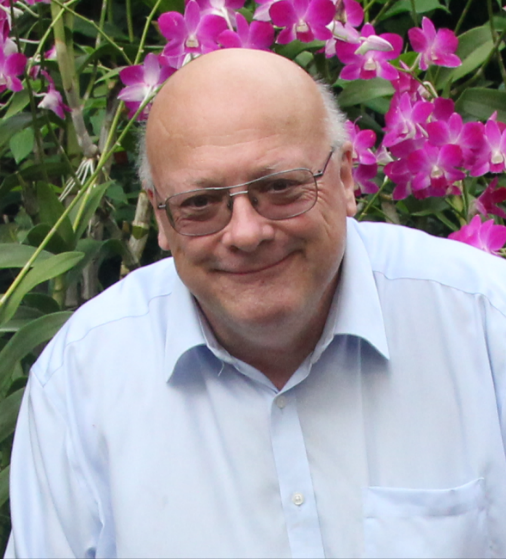
Prof. Richard Compton
University of Oxford, Great Britain
University of Oxford, Great Britain
The award is presented in recognition of his life time outstanding contributions to fundamental
electrochemistry that includes electroanalysis, photo-, sono- and spectro-electrochemistry,
electrochemistry of room-temperature ionic liquids; single-entity electrochemistry; and the
simulation and modeling of electron transfer and mass transport at electrified interfaces
Tajima Prize
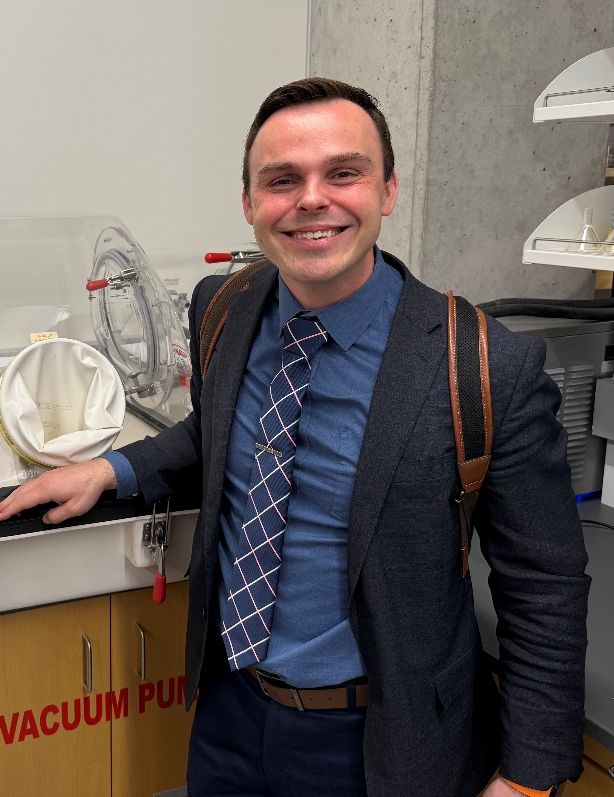
Prof. Jeffrey Dick
Purdue University, USA
Purdue University, USA
for his fundamental and innovative work in the field of electroanalytical chemistry and materials electrochemistry using micro- and nanodroplets
ISE Prize for Electrochemical Energy Conversion and Storage of Division 3 in Honour of Bruno Scrosati
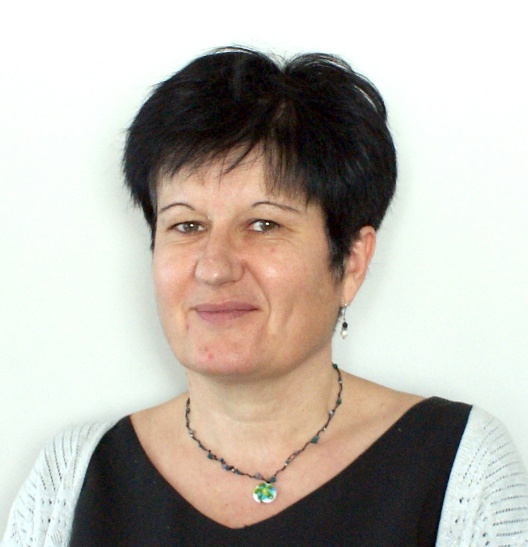
Prof. Laurence Croguennec
University of Bordeaux, France
University of Bordeaux, France
for significant advancement of the understanding and development of lithium-, sodium-, and potassium-ion batteries, as well as all-solid-state systems with a strong focus on sustainability and future battery technologies.
Zhaowu Tian Prize for Energy Electrochemistry
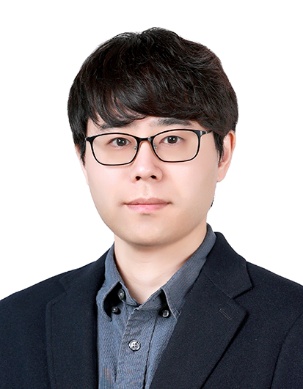
Dr. Stephen Dongmin Kang
Seoul National University
Seoul National University
Prof. Kang was awarded for the development of characterization methods and test protocols for characterization of the charge transport related phenomena in advance batteries.
Oronzio and Niccolò De Nora Foundation Young Author Prize of ISE

Dr. Erlind Mysliu
SINTEF Industry, Norway
SINTEF Industry, Norway
for the paper published in Electrochimica Acta
Volume 477, 10 February 2024, 143805, Effect of Cu2+ on deposition mechanism and structure of ZrO2-based conversion coatings on AA6060 aluminium alloys and their susceptibility to filiform corrosion, by Erlind Mysliu, ,
Kathrine Sletteberg Storli, Hanna Marie Skogøy, Stephan Kubowicz, Ingeborg-Helene Svenum,Otto Lunder, Andreas Erbe
Alexander Kuznetsov Prize for Theoretical Electrochemistry
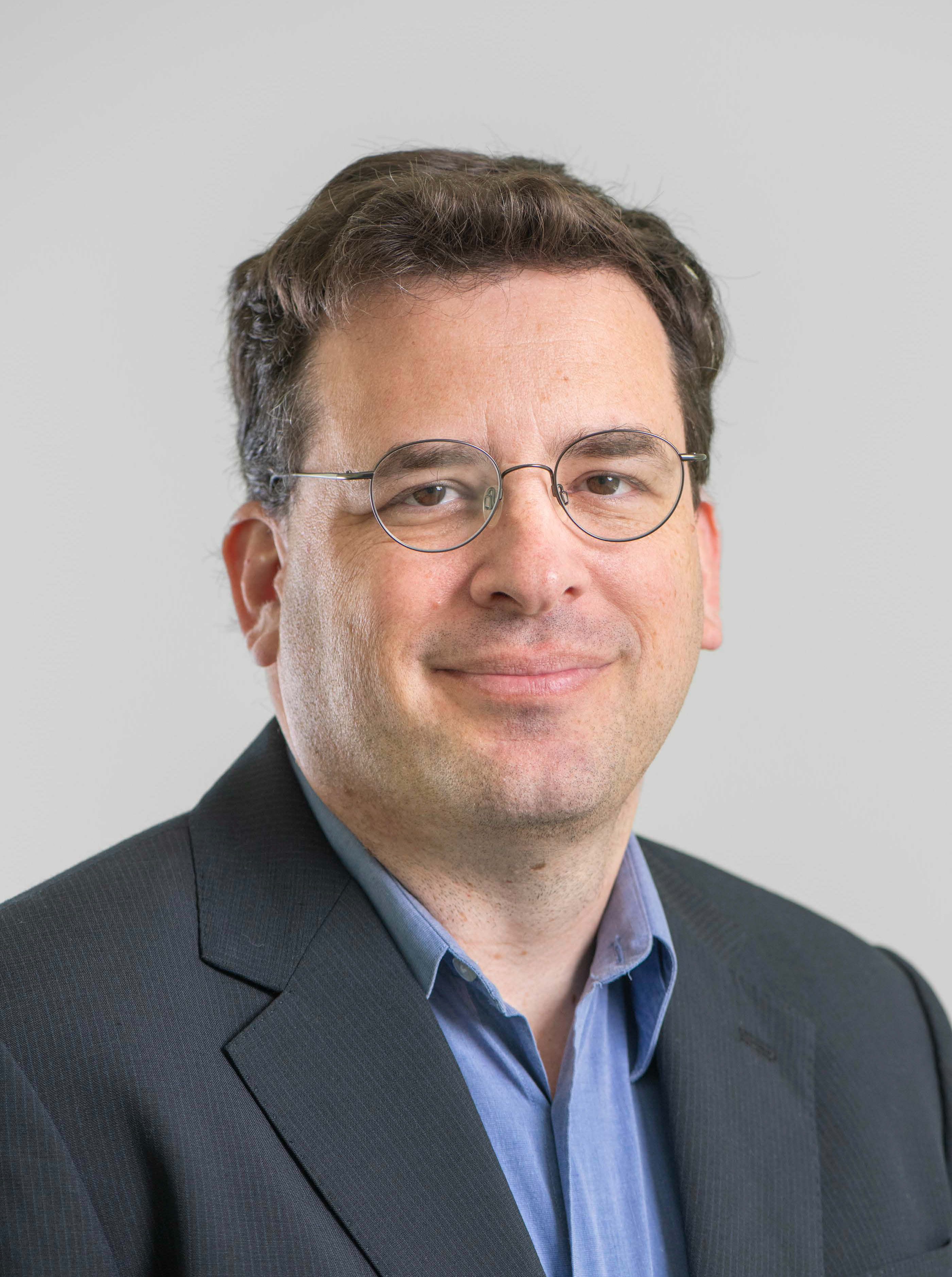
Prof. Adam Weber
Lawrence Berkley National Laboratory, USA
Lawrence Berkley National Laboratory, USA
groundbreaking contributions to multiscale modelling of electrochemical systems and the study of electrochemical interfaces
ISE Prize for Electrochemical Material Science – Energy
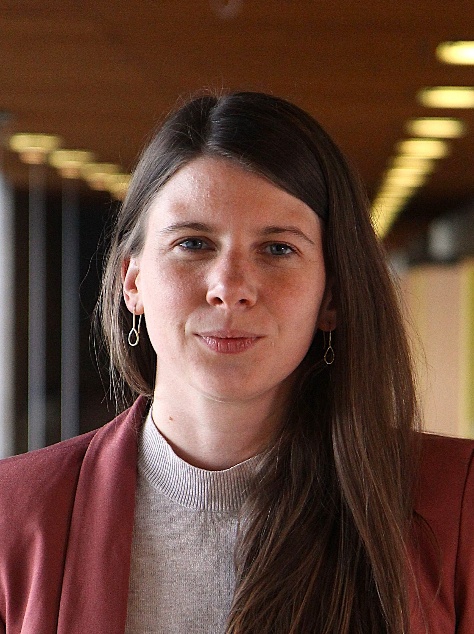
Prof. Rebecca Pittkowski
University Copenhagen
University Copenhagen
for her recent contributions in the understanding and development of high entropy alloy nanoparticles and electrocatalysts, key for sustainable energy technologies like fuel cells and water splitting
ISE Prize for Electrochemical Material Science – Corrosion
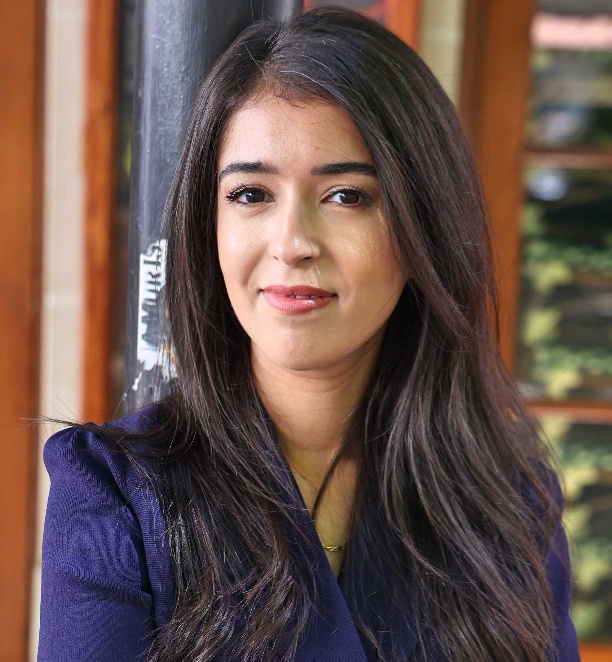
Dr. Oumaïma Gharbi
Sorbonne Université, Paris, France
Sorbonne Université, Paris, France
for her significant achievements in the field of corrosion science. Her works include major innovative electrochemical characterisation techniques, and her contributions also extend to the realm of fundamental electrochemistry
Early Career Prize in Electroanalytical Chemistry of ISE Division 1 sponsored by Origalys
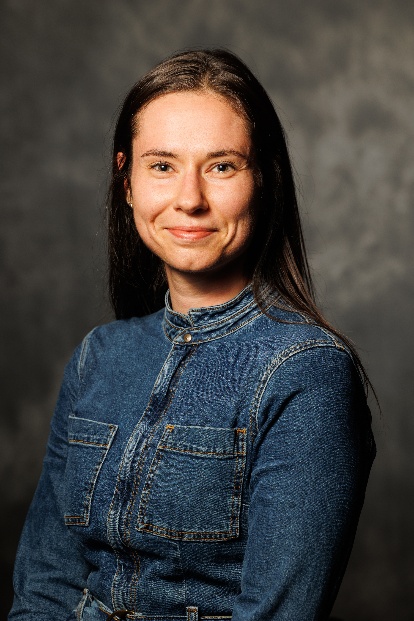
Prof. Samantha Gateman
Western University, Canada
Western University, Canada
for her achievements in the field of analytical electrochemistry for corrosion
J. Heyrovsky Prize for Molecular Electrochemistry
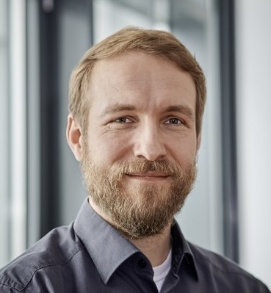
Prof. Robert Francke
Leibniz Institute for Catalysis (LIKAT), Rostock, Germany
Leibniz Institute for Catalysis (LIKAT), Rostock, Germany
for distinctive and original contribution to the field of electrosynthesis
ISE-Elsevier Prize for Experimental Electrochemistry
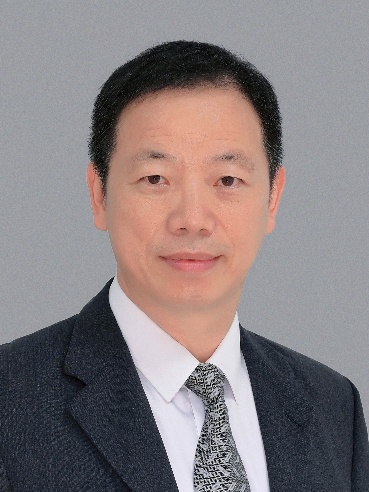
Prof. Bin Ren
Xiamen University, China
Xiamen University, China
for pioneering and greatly advancing the development of spectroelectrochemical methods with high spatial and time resolution. His developments in electrochemical TERS, transient electrochemical SERS, and electrochemical dark-field spectroscopy are at the forefront of experimental advances that allow probing and mapping electrochemical interfaces.
ISE-Elsevier Prize for Applied Electrochemistry
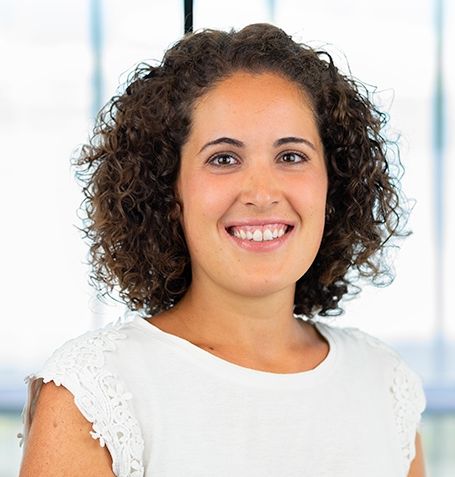
Dr. María Arnaiz
CIC energiGUNE, Parque Tecnológico (Álava), Spain
CIC energiGUNE, Parque Tecnológico (Álava), Spain
for her recent work on novel aqueous binders for supercapacitor electrode processing paving the way towards scalable energy storage systems
ISE-Elsevier Prize for Green Electrochemistry
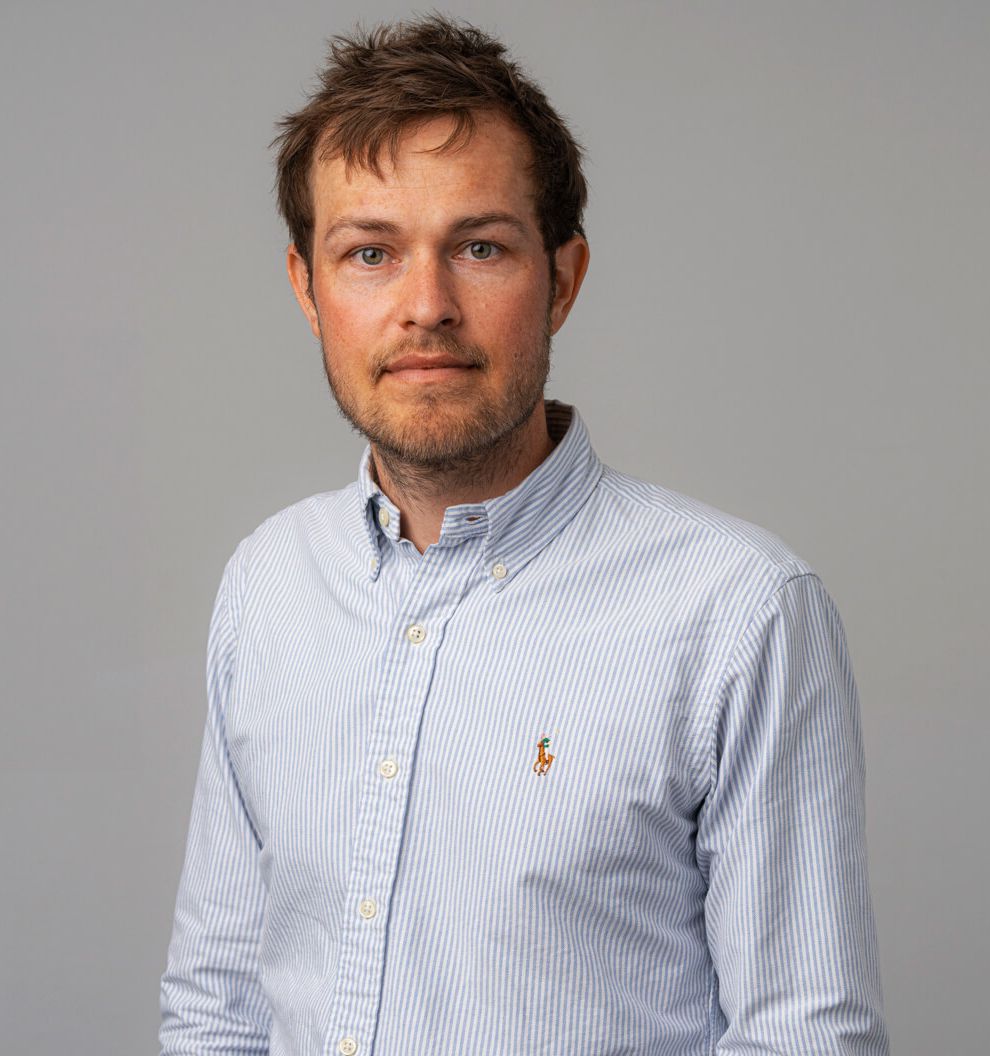
Prof. Alexander Bagger
Technical University of Denmark, Lyngby, Denmark
Technical University of Denmark, Lyngby, Denmark
for his outstanding work on the development of computational tools to investigate materials at the atomic scale for green & environmental electrochemistry reactions
Katsumi Nikki Prize in Bioelectrochemistry

Prof. Alexander Kuhn
University Bordeaux, France
University Bordeaux, France
Alexander Kuhn has significantly and impactfully contributed to the field of bioelectrochemistry in a wide and transversal manner. He has also supported very much the growth of Bioelectrochemistry as a discipline.
